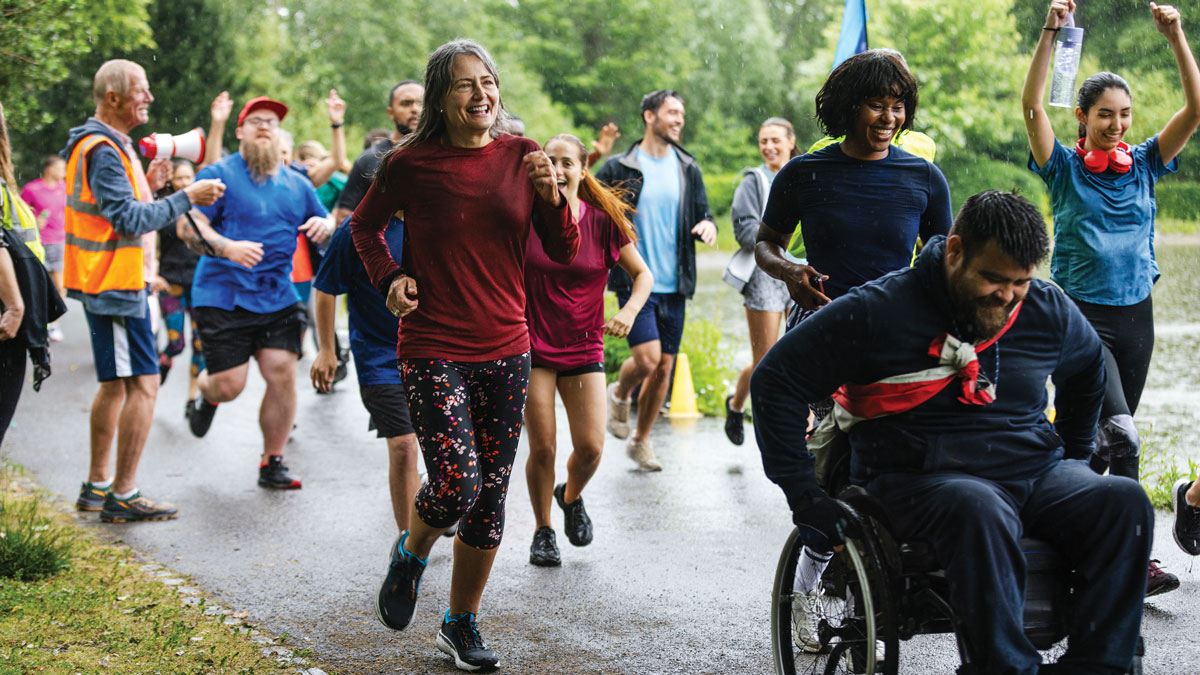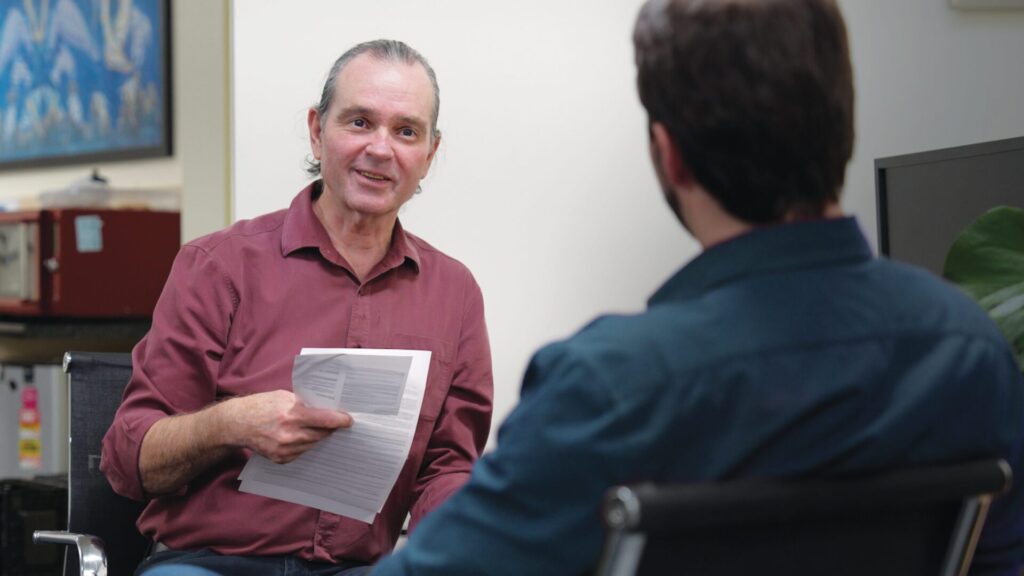As someone deeply interested in promoting health and wellbeing, I’ve been fascinated by the meteoric rise of the parkrun phenomenon.
In case you haven’t heard of it, parkrun is a free, community-based walk/run. The initiative began in 2004, when Paul Sinton-Hewitt, struggling with his own wellbeing after an injury, invited friends to join him for a 5-kilometre jog around Bushy Park in Teddington, UK. What started with 13 runners and five volunteers has grown into a global movement. Today, parkrun takes place every weekend in more than 2500 locations across 23 countries, involving approximately 342,000 participants and 39,000 volunteers. To date, the initiative has recorded more than 100 million participants.
I love how parkrun brings people together to do something positive for their health and wellbeing, and I’ve come to see that there are many lessons churches can learn from the Parkrun model. After all, success leaves clues, and the parkrun phenomenon is undeniably a success story.
So, what is it about parkrun that has made it so successful and attractive, and how might we intentionally incorporate these strategies into church life?
A warm welcome for all
One of the hallmarks of parkrun is its welcoming atmosphere. Before each event, the volunteer run director enthusiastically greets the participants and acknowledges how wonderful it is to see everyone. Visitors are invited to introduce themselves and share where they’re from, which always elicits a round of applause. This simple gesture of recognition makes people feel valued and welcomed. parkrun’s philosophy of inclusivity encourages everyone to “come as you are”. There’s no pressure to meet a particular standard—whether you’re a seasoned athlete or a first-time participant, you are warmly embraced.
After the event, participants are invited to gather at a local café to socialise. This fosters a sense of community and connection. The warmth and intentionality behind these gestures make newcomers feel at home, a practice churches can embrace. A friendly smile, a heartfelt “We’re glad you’re here”, and an invitation to stay and connect can go a long way in making people feel welcomed and loved.
Celebrating effort, not perfection
parkrun makes people feel good about themselves by celebrating participation and personal milestones. While the event is timed so participants can track their own progress, there’s no competitive atmosphere—it’s all about showing up and doing your best. Milestones such as completing 50, 100 or even 250 events are acknowledged with applause in the pre-event briefing.
In the pre-event briefing, milestones like reaching “Regionnaire” status—visiting all the parkrun events in a region—are also celebrated. I recently spoke to a man who had travelled to every parkrun in New South Wales, more than 100 events in total. He shared how much he enjoyed meeting new people and connecting with the community—to be honest, it made me feel a little guilty that I haven’t even visited all the churches in my local area. The joy and sense of accomplishment on participants’ faces when their milestones are celebrated is something churches can emulate.
Recognising and affirming people’s efforts—no matter how big or small—can encourage growth and foster a positive environment.
Social connection at its core
At its heart, parkrun is about building relationships. The weekly gatherings provide an opportunity for people to connect, share stories and support one another. It’s more than just a physical activity; it’s a social event where friendships are formed, and a sense of belonging is cultivated.
Churches, too, should prioritise social connection. By creating spaces and opportunities for meaningful interactions—whether it’s through small groups, shared meals or community events—churches can foster deeper relationships and strengthen the bonds within their congregation.
Changing lives, one step at a time
The transformative impact of parkrun is well-documented. Many participants share stories of improved physical health, mental wellbeing, and even restored confidence and purpose. The beauty of parkrun is its simplicity—one step at a time, people experience change. One of parkrun’s strengths is its consistency. Every weekend, rain or shine, participants know they can count on parkrun. This reliability fosters trust and loyalty.
Churches are in the business of transformation as well, but it’s worth reflecting on how effectively this is communicated and experienced. By focusing on small, achievable steps, being dependable and celebrating progress, churches can better support individuals on their journey of faith and personal growth.
Opportunities to serve
parkrun is entirely volunteer-driven, giving participants a chance to contribute to the community in meaningful ways. Whether it’s setting up the course, timing runners or cheering others on, volunteers play an essential role in the event’s success. Serving not only gives people a sense of purpose but also strengthens their connection to the community.
Churches can offer similar opportunities for members to serve and make a difference. By empowering people to use their gifts and talents, churches can foster a sense of ownership and purpose among their congregation.
Making a difference
parkrun meaningfully contributes to the communities it serves. It’s a safe, inclusive space where people feel supported and valued. The event’s positive impact on participants and the broader community is undeniable.
This raises an important question for churches: Would your community notice if your church closed its doors today? Churches have the potential to be a vital part of the local fabric, addressing needs and making a tangible difference in the lives of those around them. By intentionally engaging with their communities, churches can become beacons of hope and love.
Local but global
parkrun is a global initiative that remains deeply connected to local communities. Each event reflects the unique character of its location while contributing to a broader movement.
Similarly, churches can balance being part of a global mission with serving their specific communities. By addressing local needs and celebrating cultural diversity, churches can remain relevant and impactful while staying true to their greater purpose.
Conclusion
parkrun’s success offers valuable lessons for churches. Its welcoming environment where people are accepted as they are, emphasis on personal growth and focus on community connection have made it a global phenomenon. By adopting these principles and embedding them more intentionally into church life, we can create spaces where people feel valued, supported and transformed.
After all, the goal of both parkrun and church is to bring people together, enrich lives and foster a sense of belonging. Let’s take these lessons to heart and continue to build communities that inspire hope and transformation.
Professor Darren Morton is the director of the Lifestyle Medicine and Health Research Centre at Avondale University.






